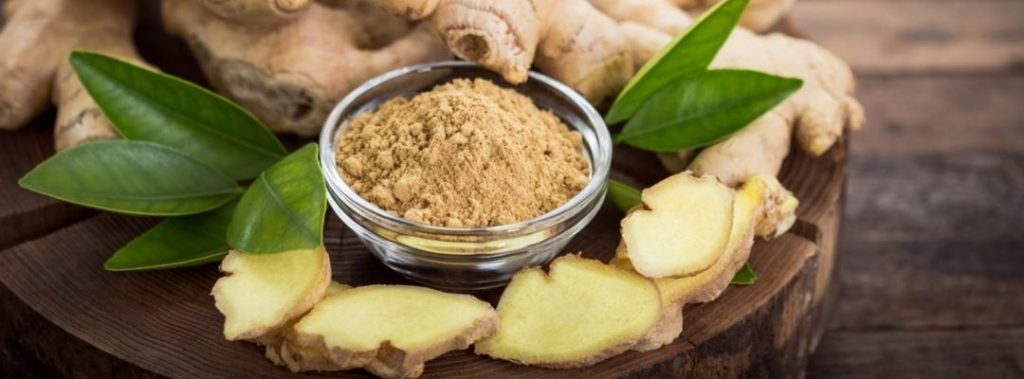People have used ginger in cooking and medicine since ancient times. It is a popular home remedy for nausea, stomach pain, and other health issues.
People typically use fresh or dried ginger in cooking, and some take ginger supplements for their possible health benefits.
Antioxidants and other nutrients in ginger may help prevent or treat arthritis, inflammation, and various types of infection. Its potential to reduce the risk of diabetes, cancer, and other health problems.
Benefits
Ginger may have anti-inflammatory, antibacterial, antiviral, and other healthful properties. Below are some of the possible medicinal uses of ginger.

Reducing gas and improving digestion
Ginger’s effects on the gasses that form in the intestinal tract during digestion. That enzymes in ginger can help the body break up and expel this gas, providing relief from any discomfort.
Ginger also appears to have beneficial effects on the enzymes trypsin and pancreatic lipase, which are important for digestion.
In addition, ginger may help increase movement through the digestive tract, suggesting that it may relieve or prevent constipation.
Relieving nausea
Ginger can help alleviate morning sickness and relieve nausea following cancer treatment. The effects of ginger root powder supplements on nausea in children and young adults who underwent chemotherapy. The analysis showed that the supplement led to reduced nausea in most of the people who took it.
Easing a cold or the flu
People use ginger to help recover from a cold or the flu. However, the evidence supporting this remedy is mostly anecdotal. The effects of fresh and dried ginger on one respiratory virus in human cells. Fresh ginger may help protect the respiratory system, while dried ginger did not have the same impact.
However, while ginger was among the most popular ingredients in these remedies, some of the participants may not have used it.
Relieving pain
Gout is a type of inflammatory arthritis that can cause pain, tenderness, redness, and inflammation. Dietary changes can help manage symptoms and prevent flares.
People with gout have high levels of uric acid in their blood. Managing these levels may help relieve or prevent symptoms. Some foods can help lower uric acid levels, while others can increase it.

Reducing inflammation
Inflammation helps the body fight illness and can protect it from harm. In most cases, it is a necessary part of the healing process.
However, some people have a medical condition in which the immune system does not work as it should. This malfunction can lead to persistent or recurrent low level inflammation.
Chronic inflammation occurs with various diseases, such as psoriasis, rheumatoid arthritis, and asthma. There is evidence that dietary choices may help manage the symptoms.
An anti-inflammatory diet favors fruits and vegetables, foods containing omega-3 fatty acids, whole grains, lean protein, healthful fats, and spices. It discourages or limits the consumption of processed foods, red meats, and alcohol.
The anti-inflammatory diet is not a specific regimen but rather a style of eating.
Supporting cardiovascular health
There is some evidence that ginger extract may help with cardiovascular disease.
For example, one review found that a dosage of 5 g or more can cause significant, beneficial antiplatelet activity.
Many investigations included in their analysis did not involve human participants or that participant numbers were too small to ensure reliable results.
Ginger could prove to be a safe form of treatment for cardiovascular disease.
Meanwhile that ginger extract helped reduce the occurrence of heart abnormalities among rats with diabetes.
Lowering cancer risk
Ginger does not provide protein or other nutrients, but it is an excellent source of antioxidants for this reason, ginger can reduce various types of oxidative stress.
Oxidative stress happens when too many free radicals build up in the body. Free radicals are toxic substances produced by metabolism and other factors.
The body needs to eliminate free radicals to prevent them from causing cellular damage that can lead to a range of diseases, including cancer. Dietary antioxidants help the body get rid of free radicals.
Biopsies showed that the participants who had consumed the ginger had fewer negative changes in healthy colon tissue. This group also had reduced cellular proliferation. The findings indicate that ginger could play a role in preventing colorectal cancer.

